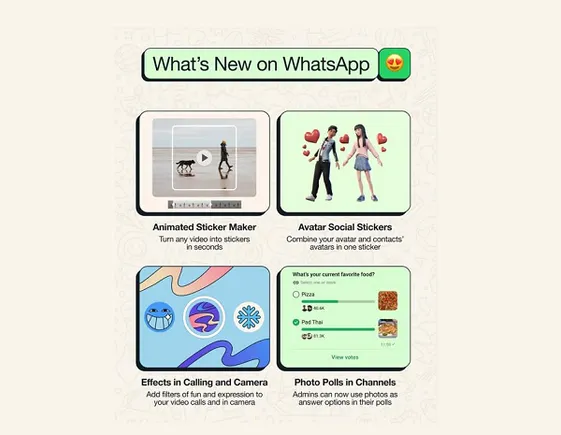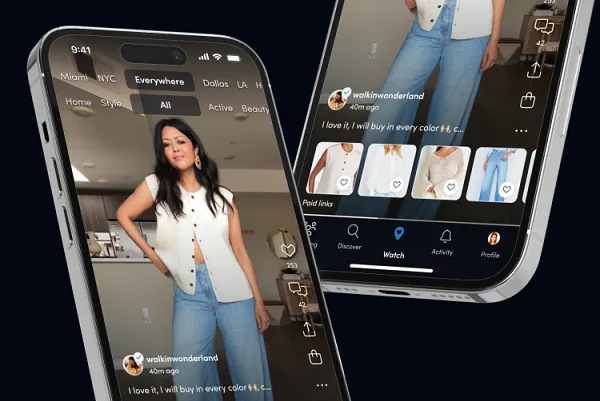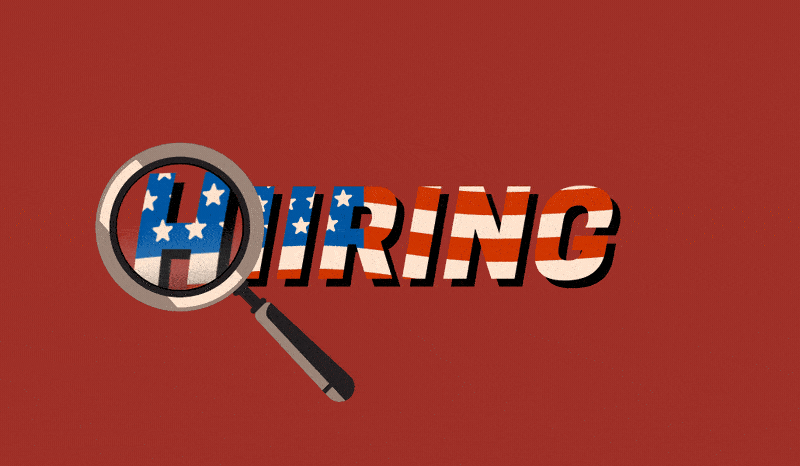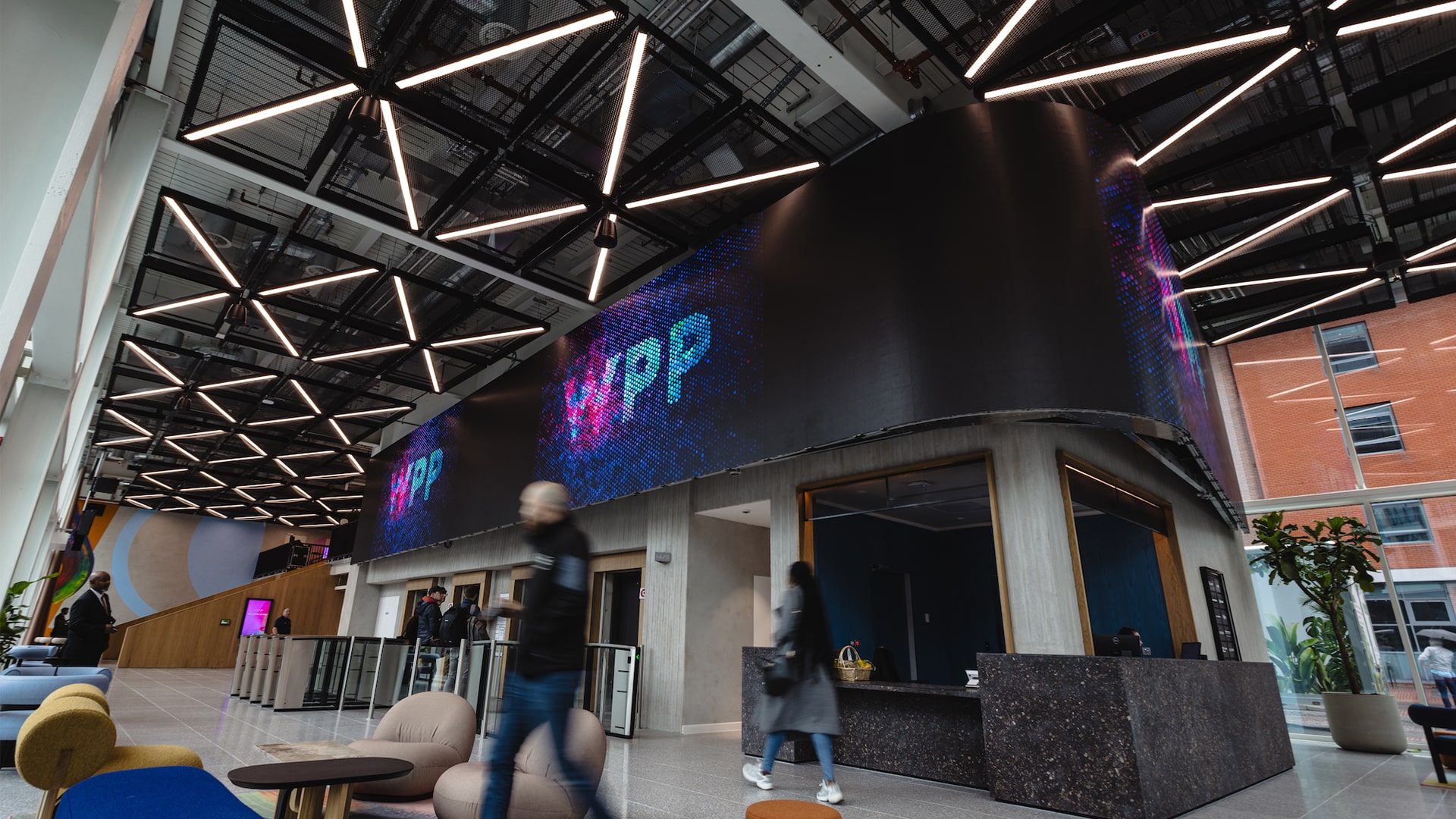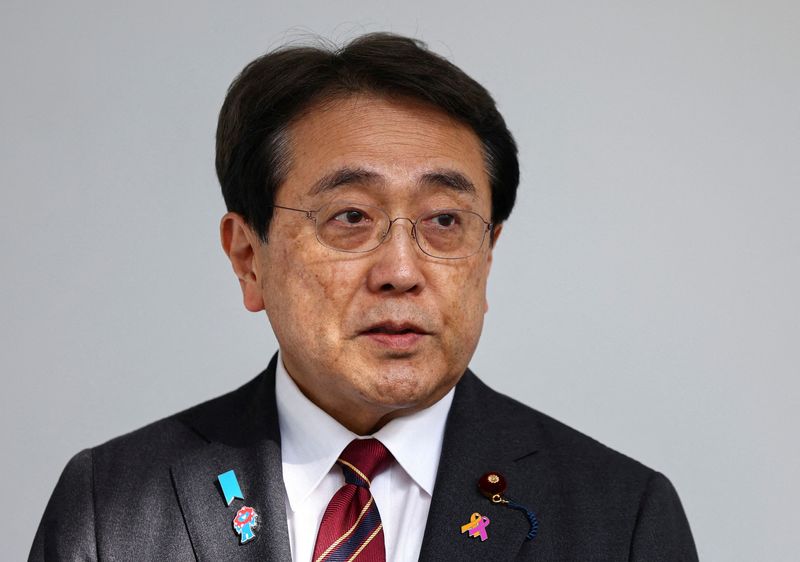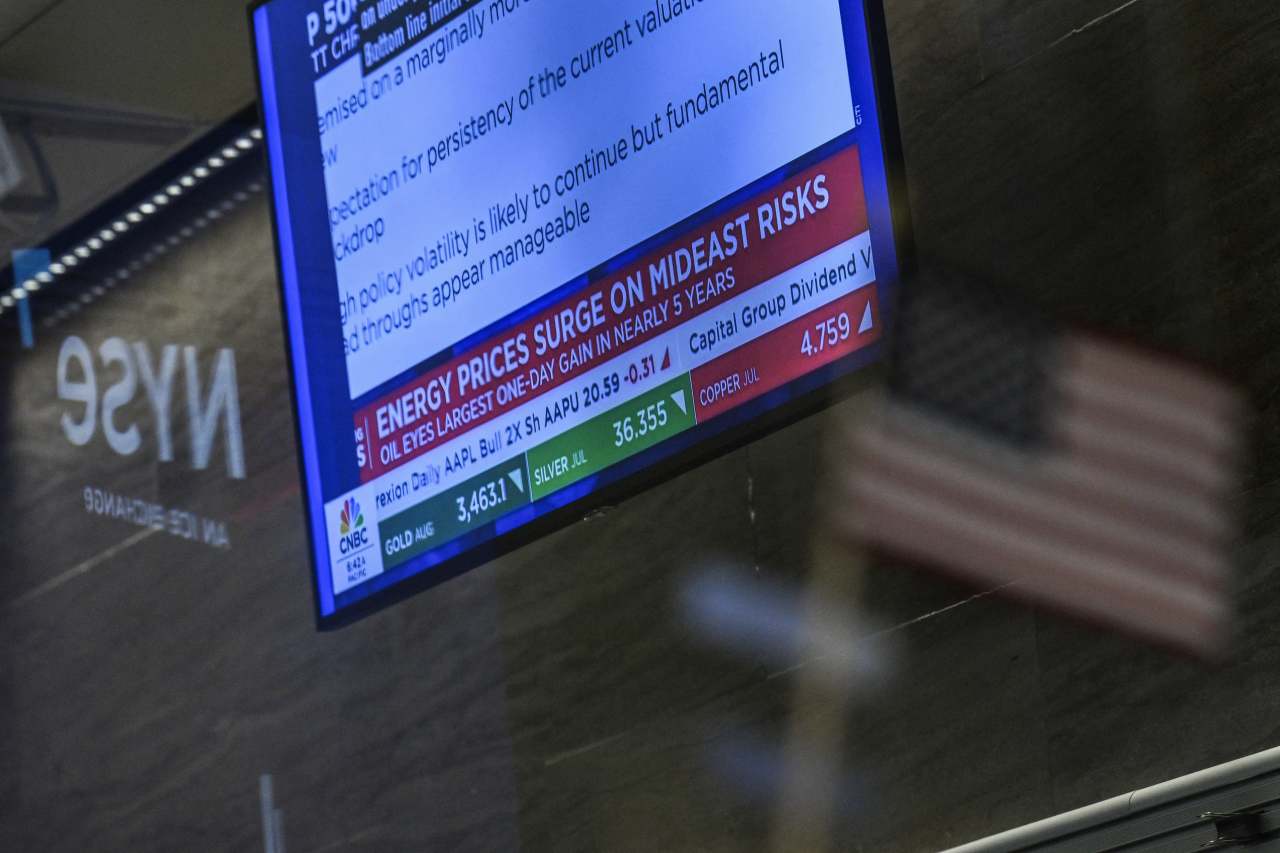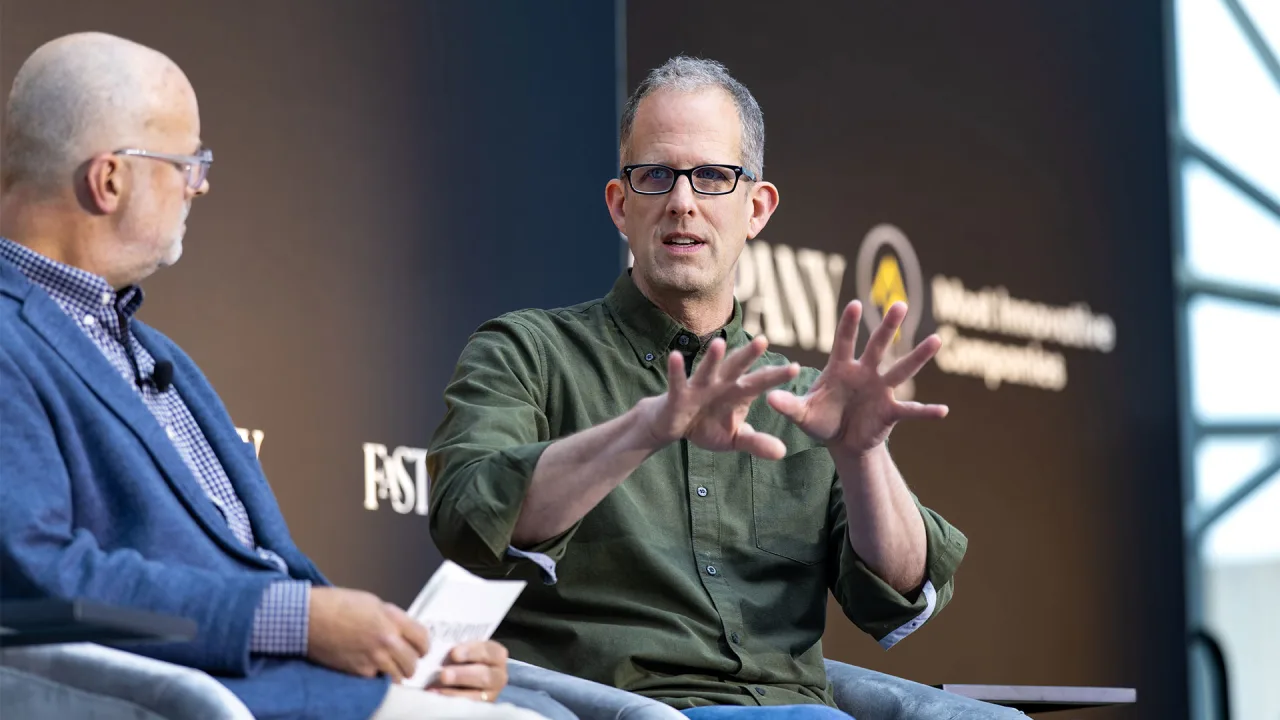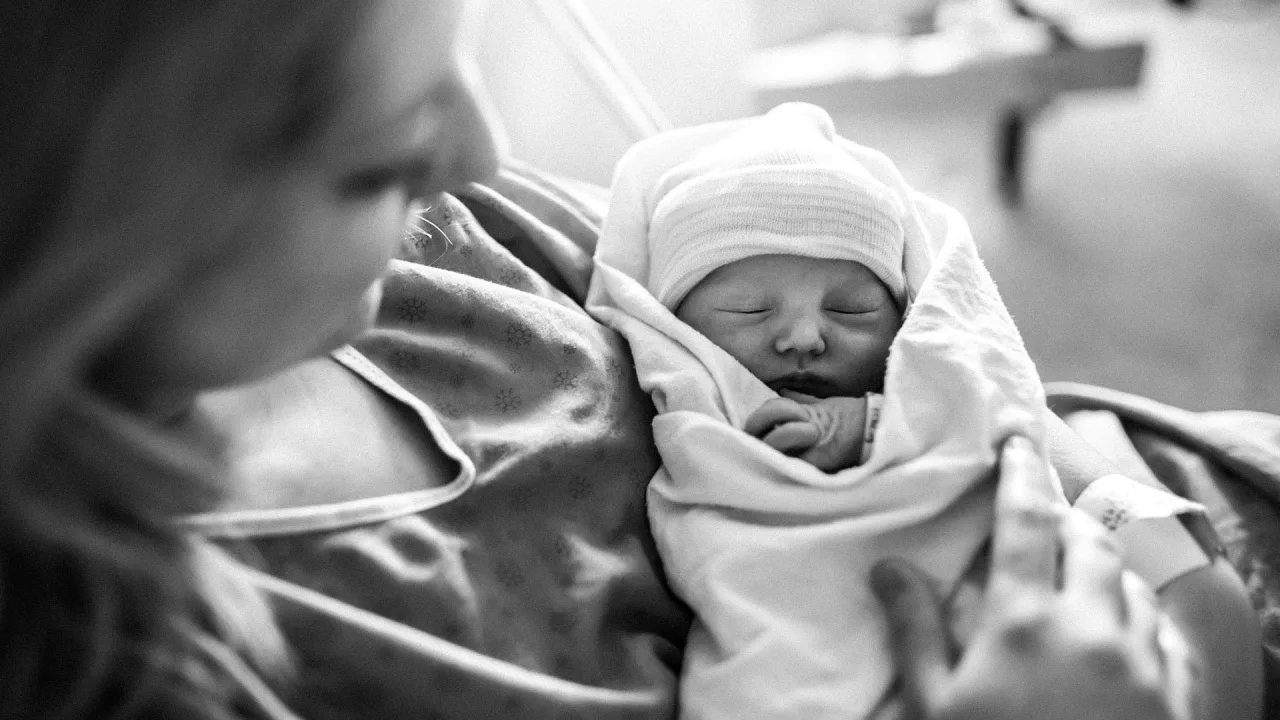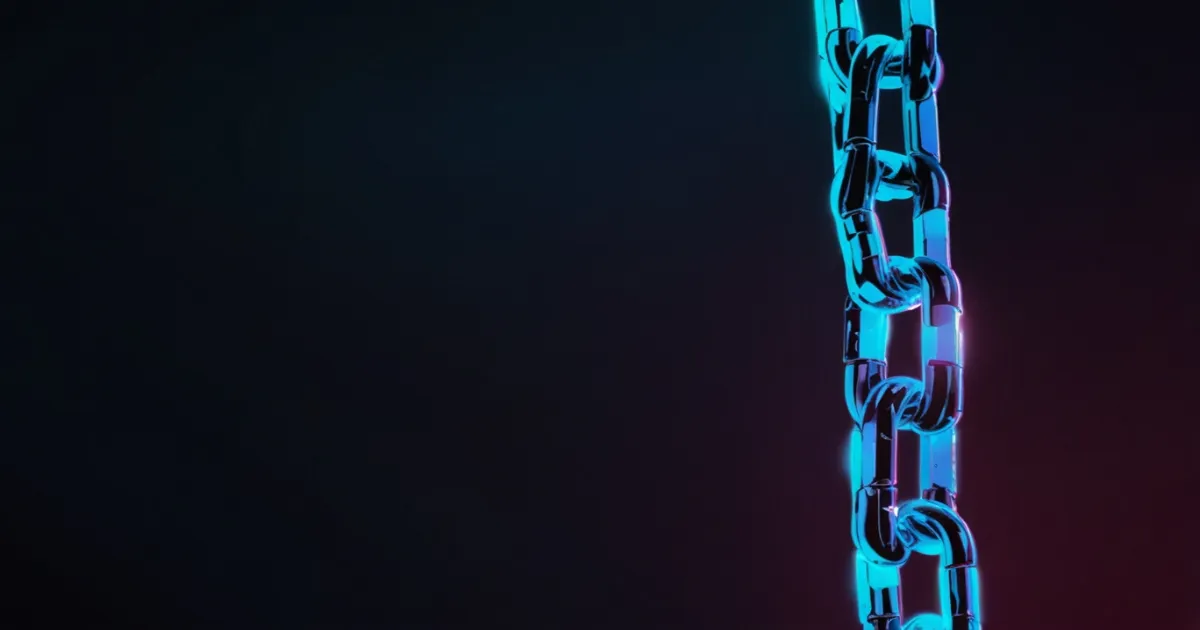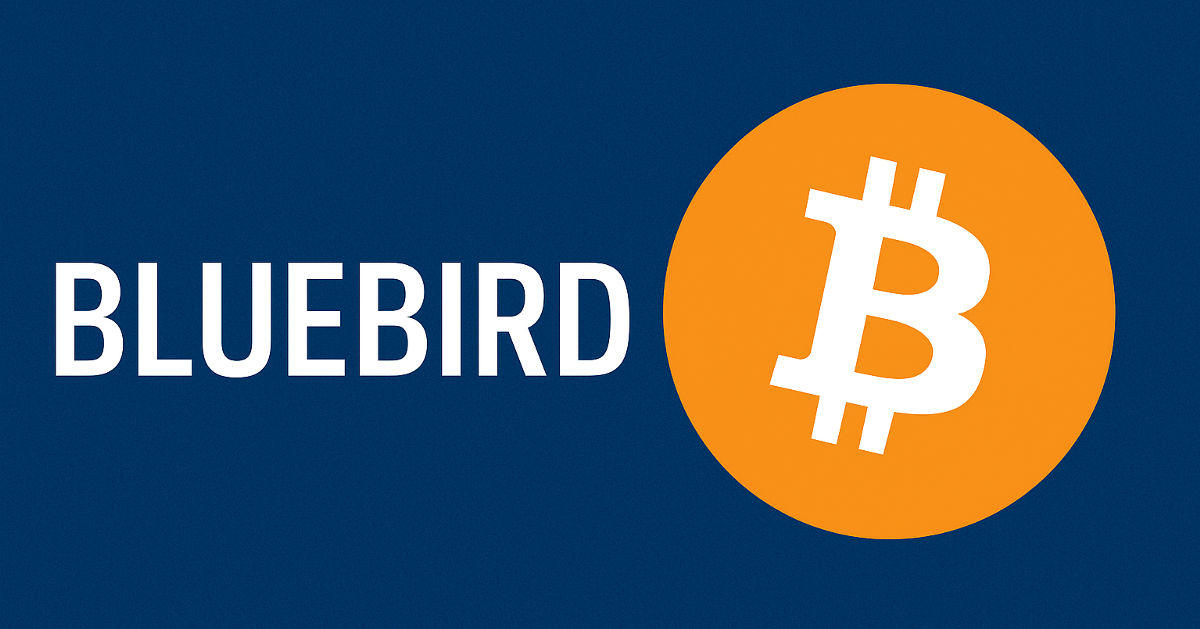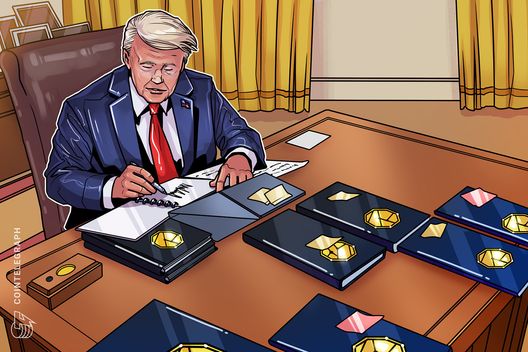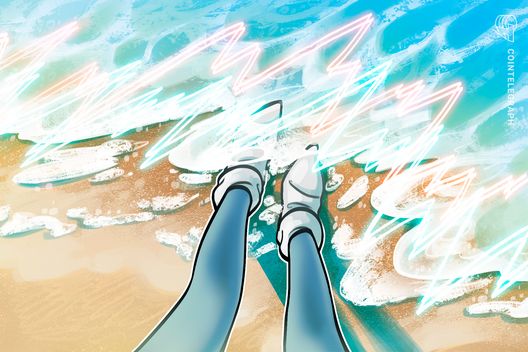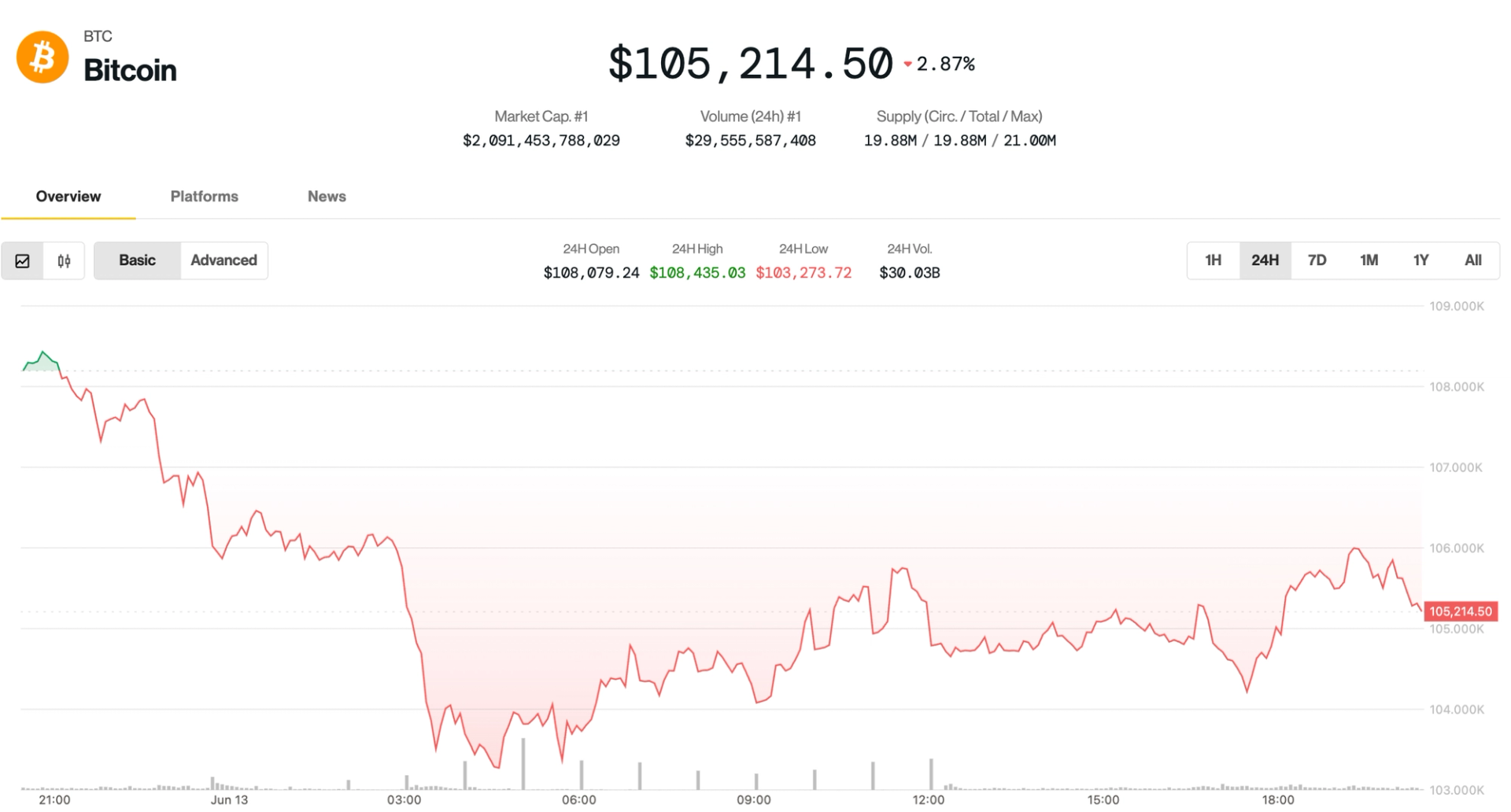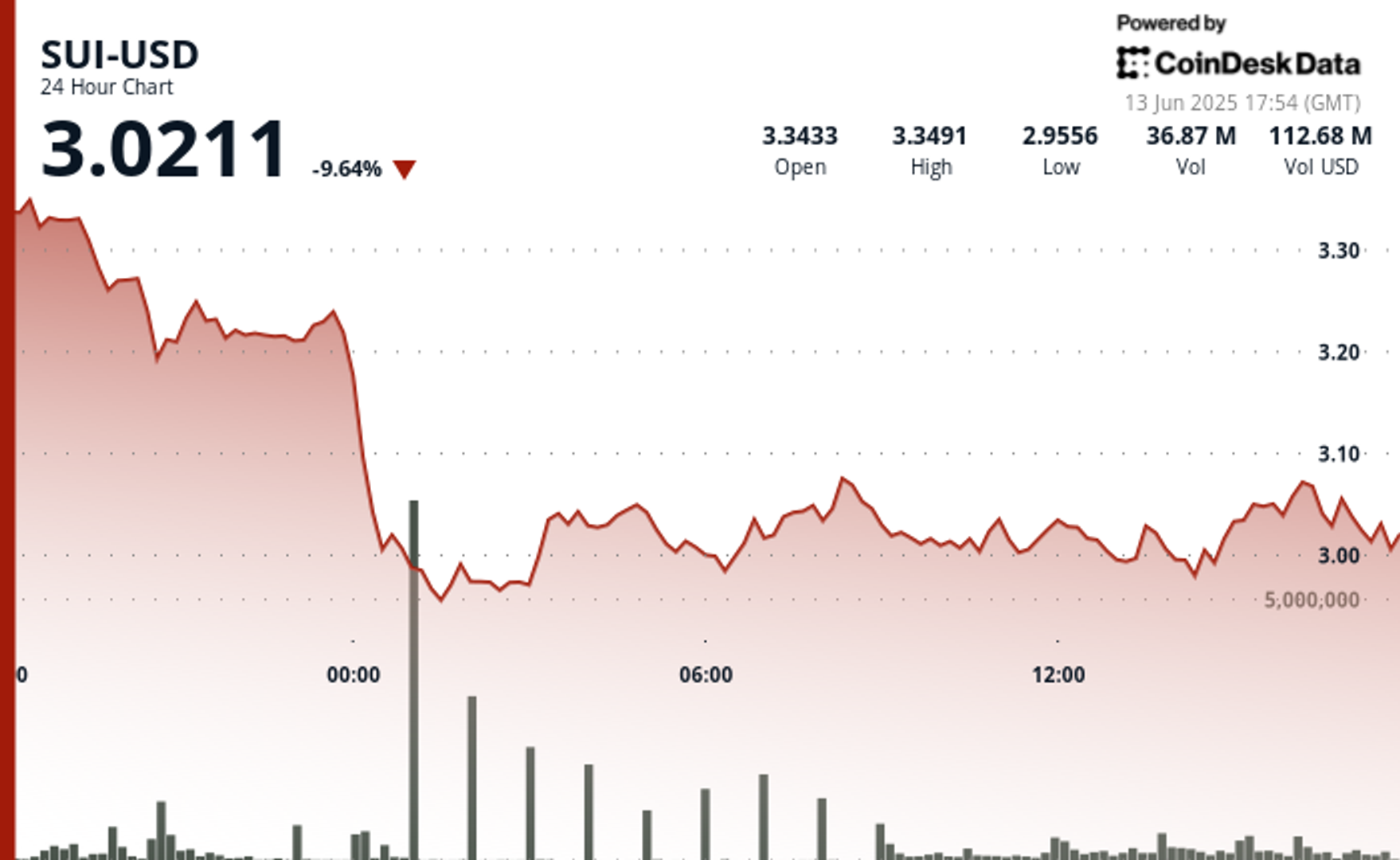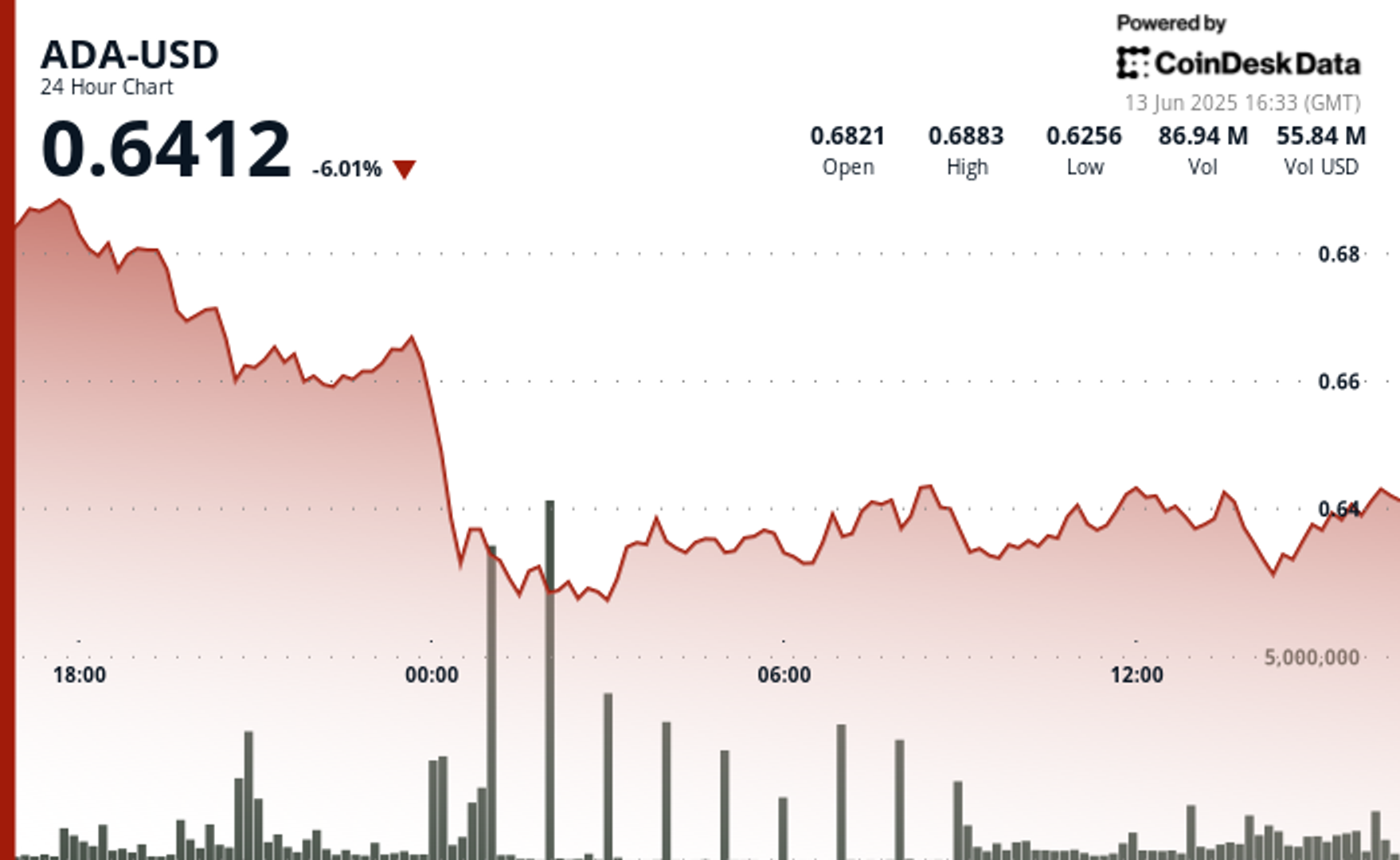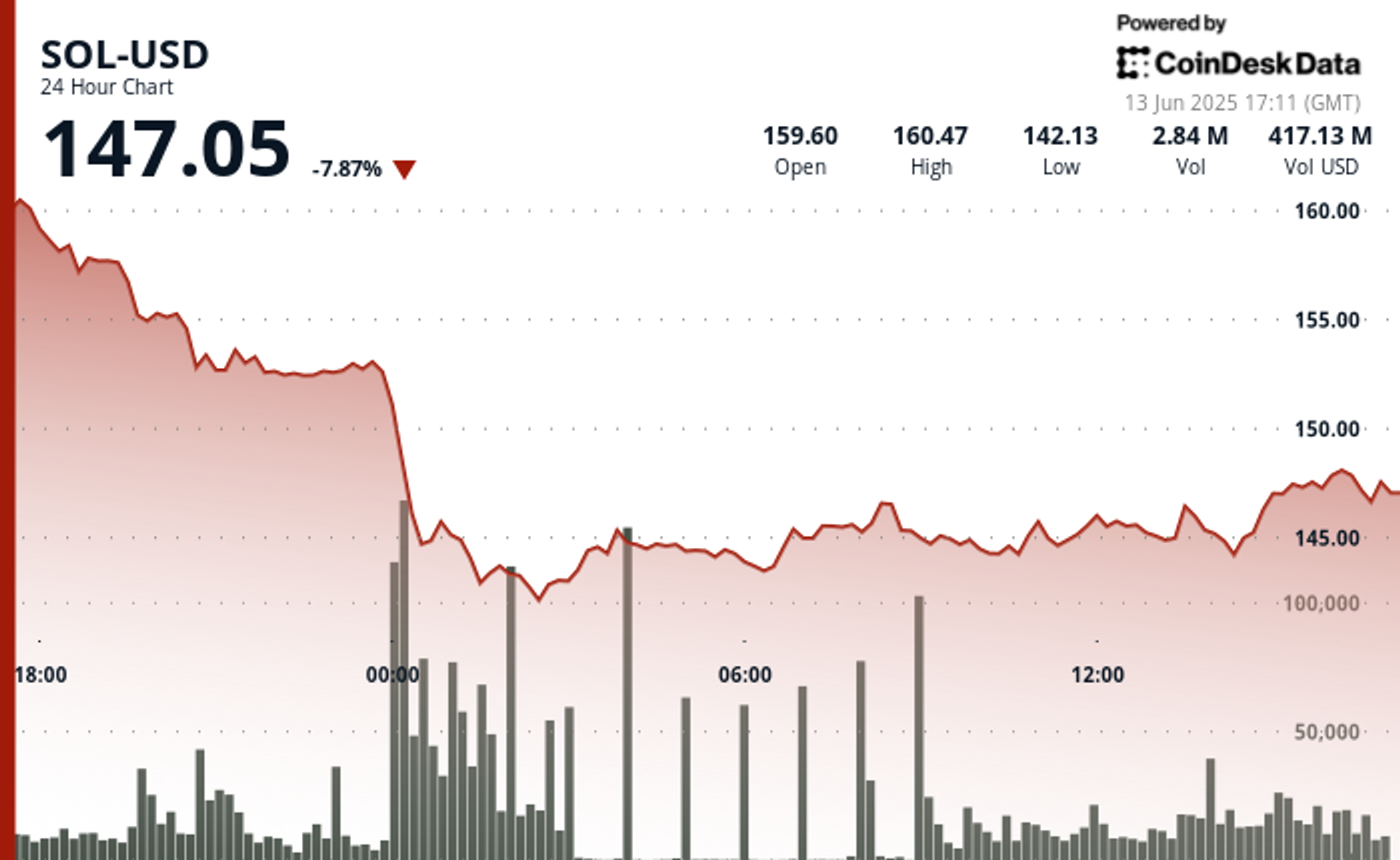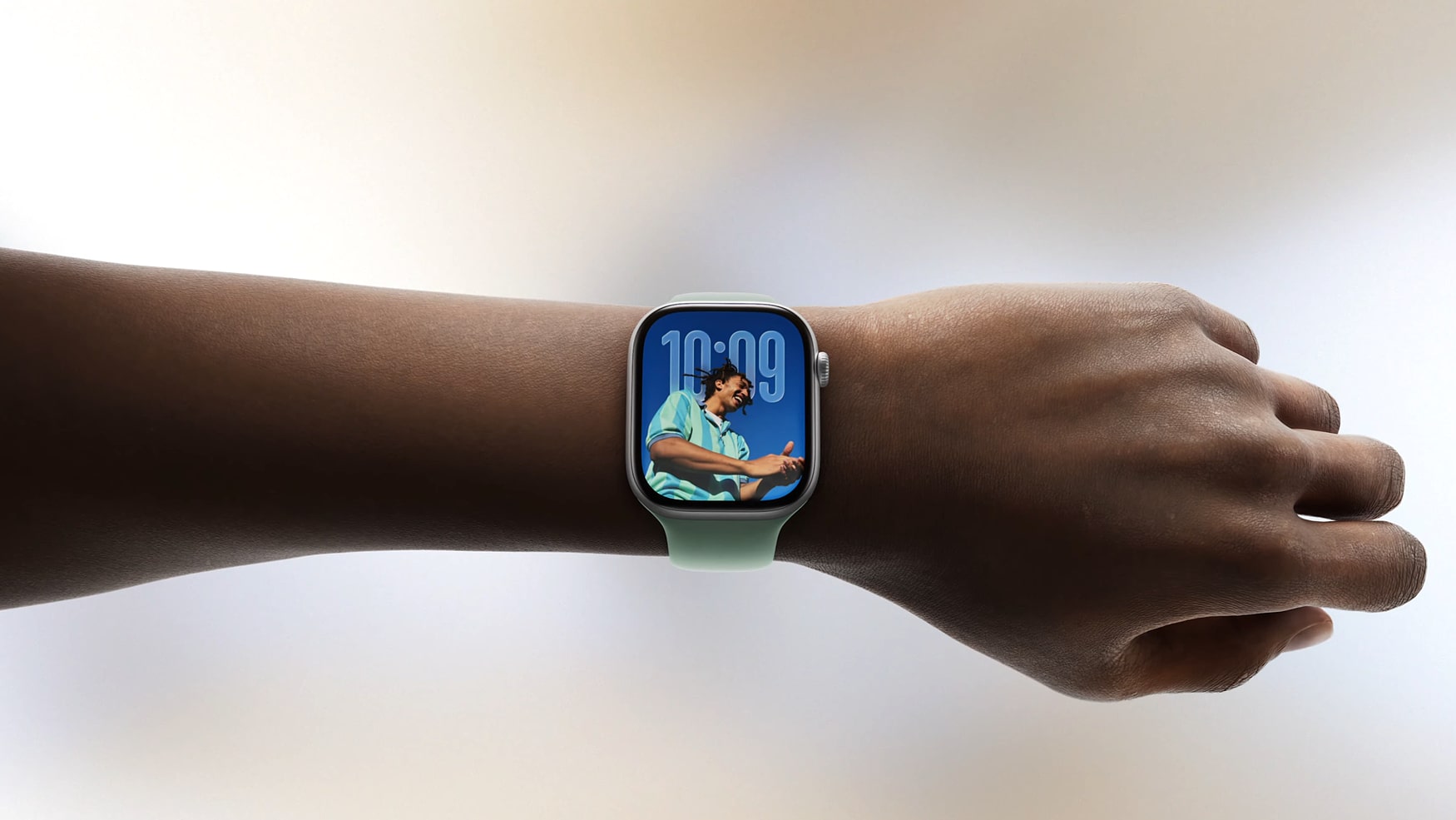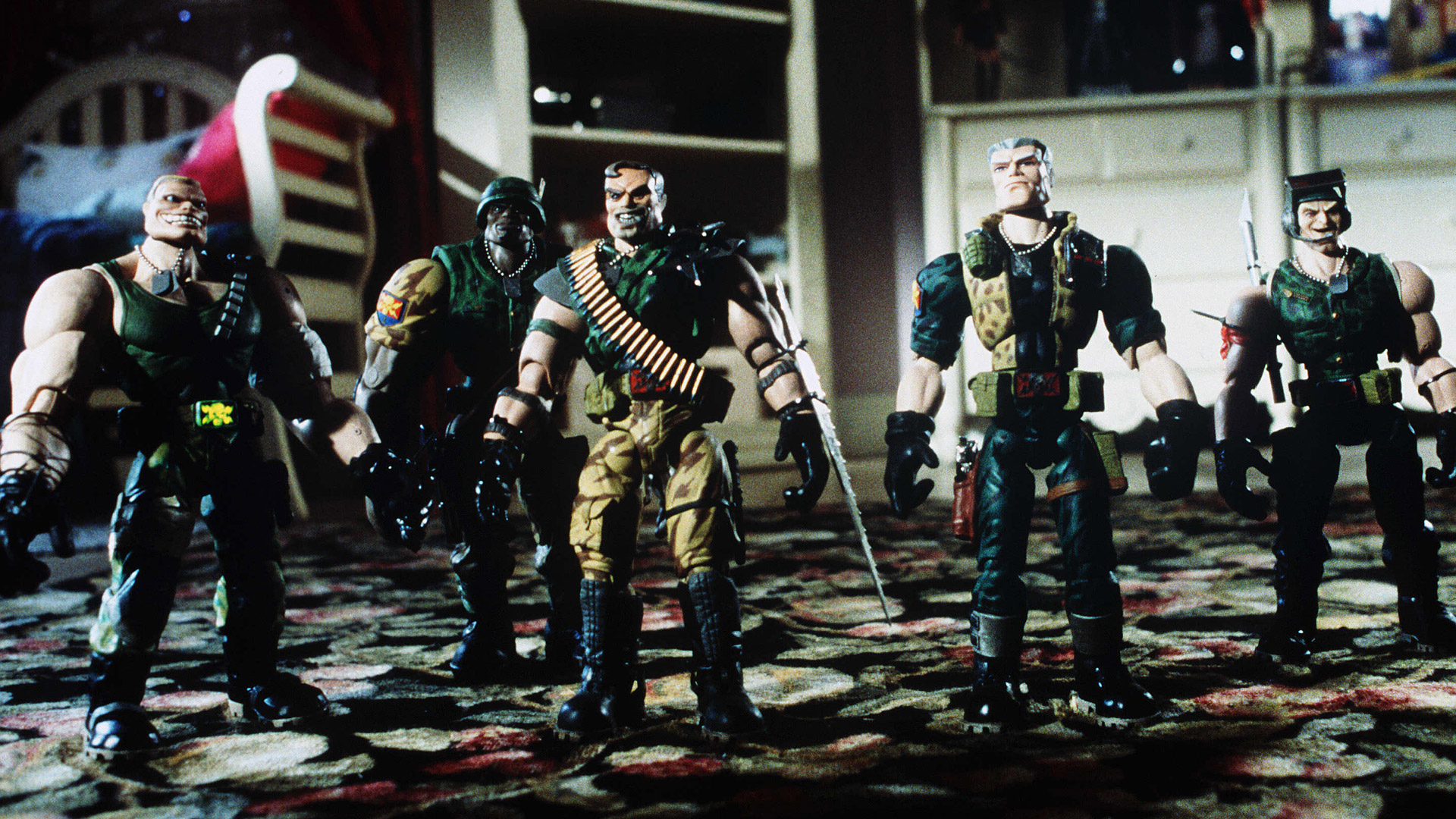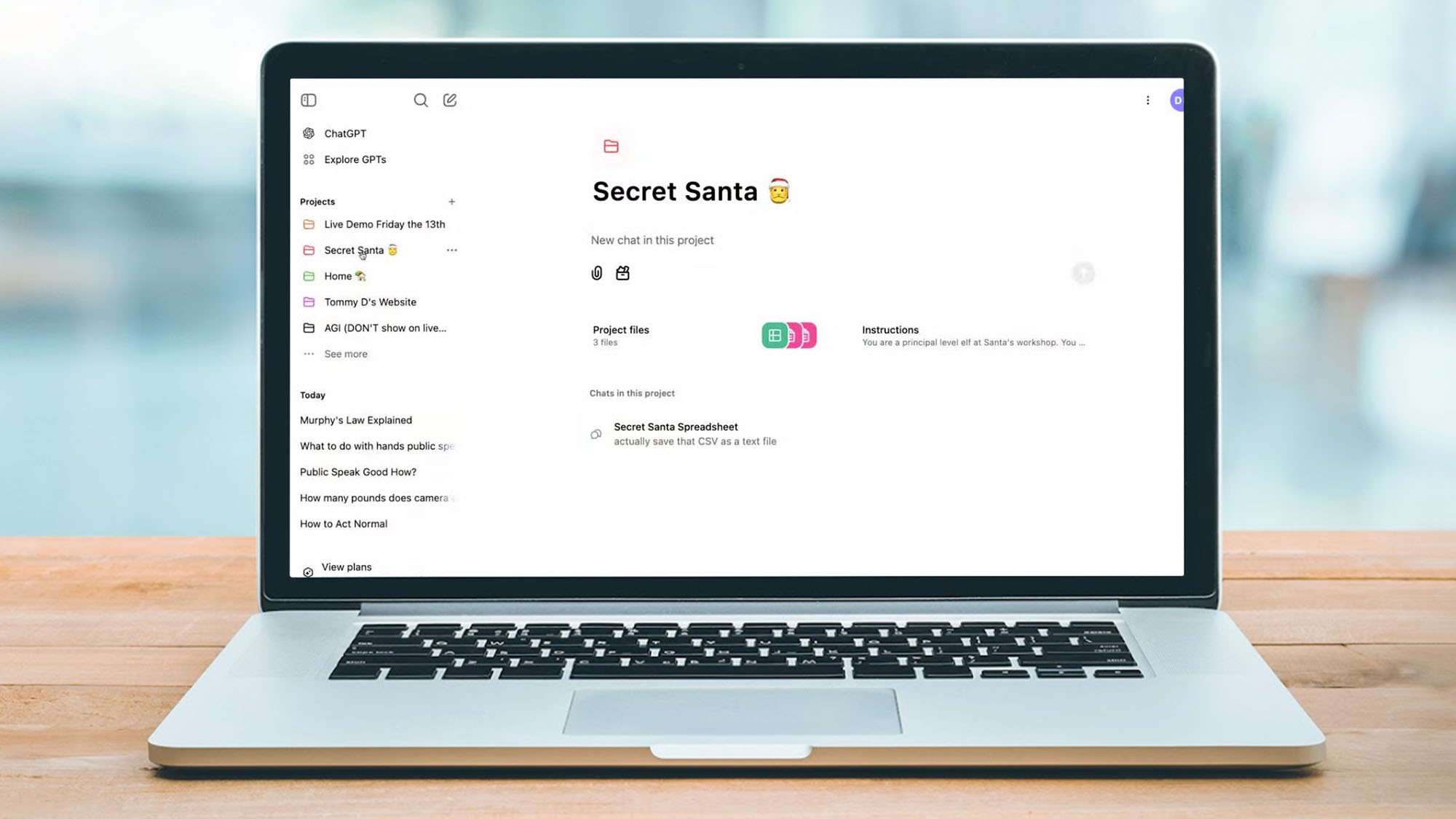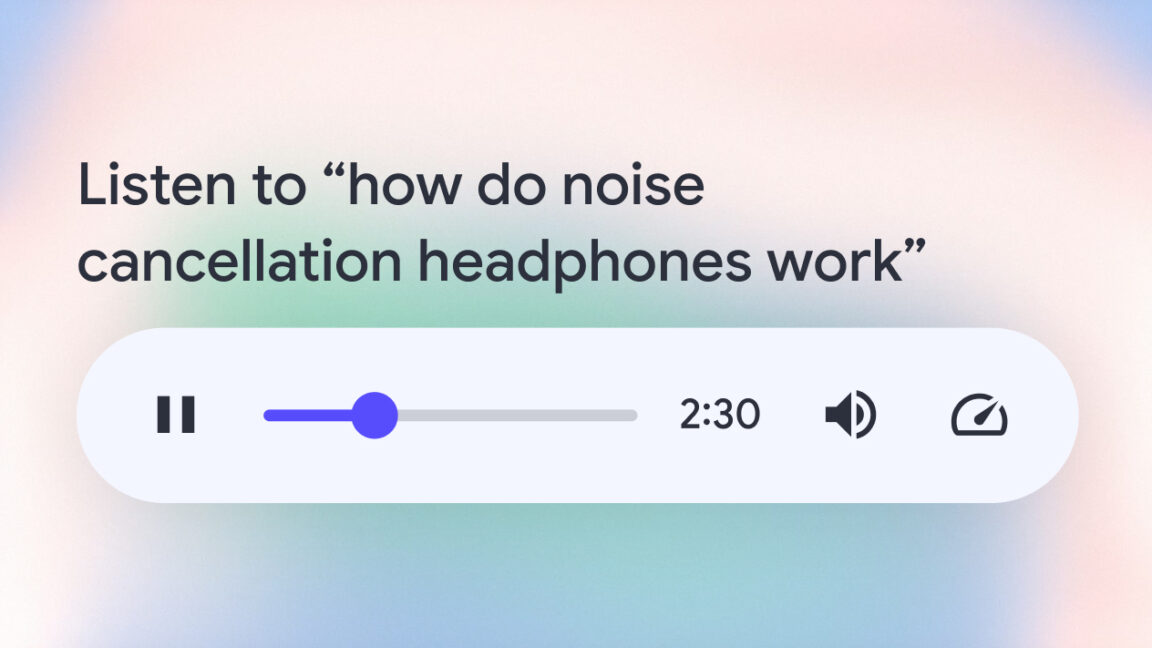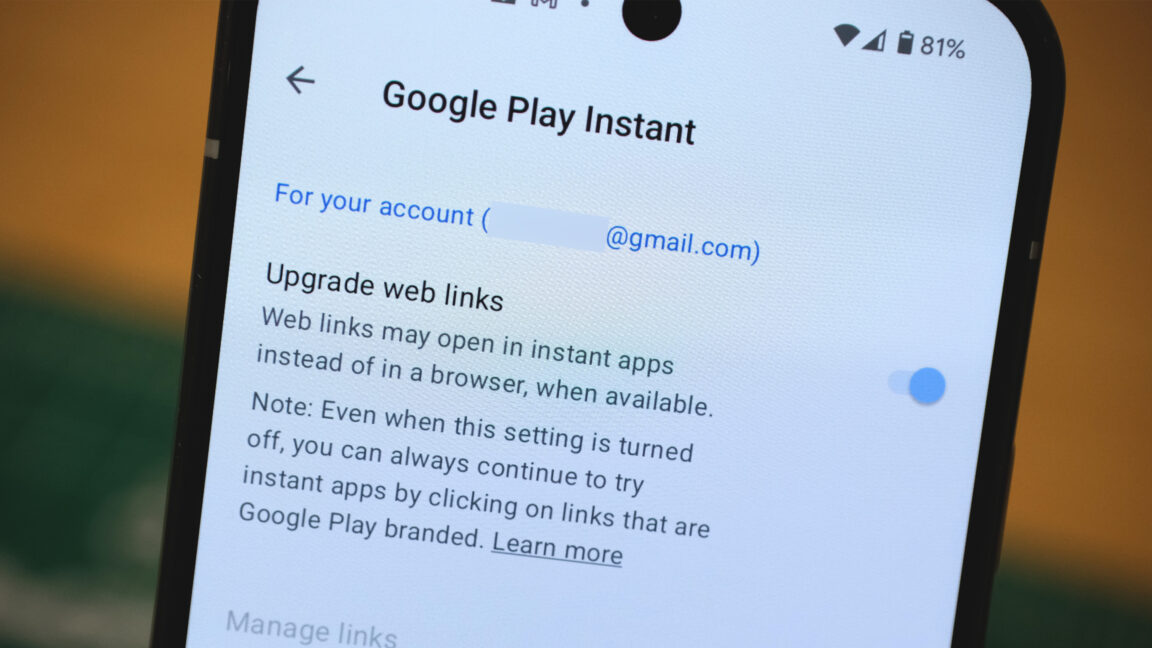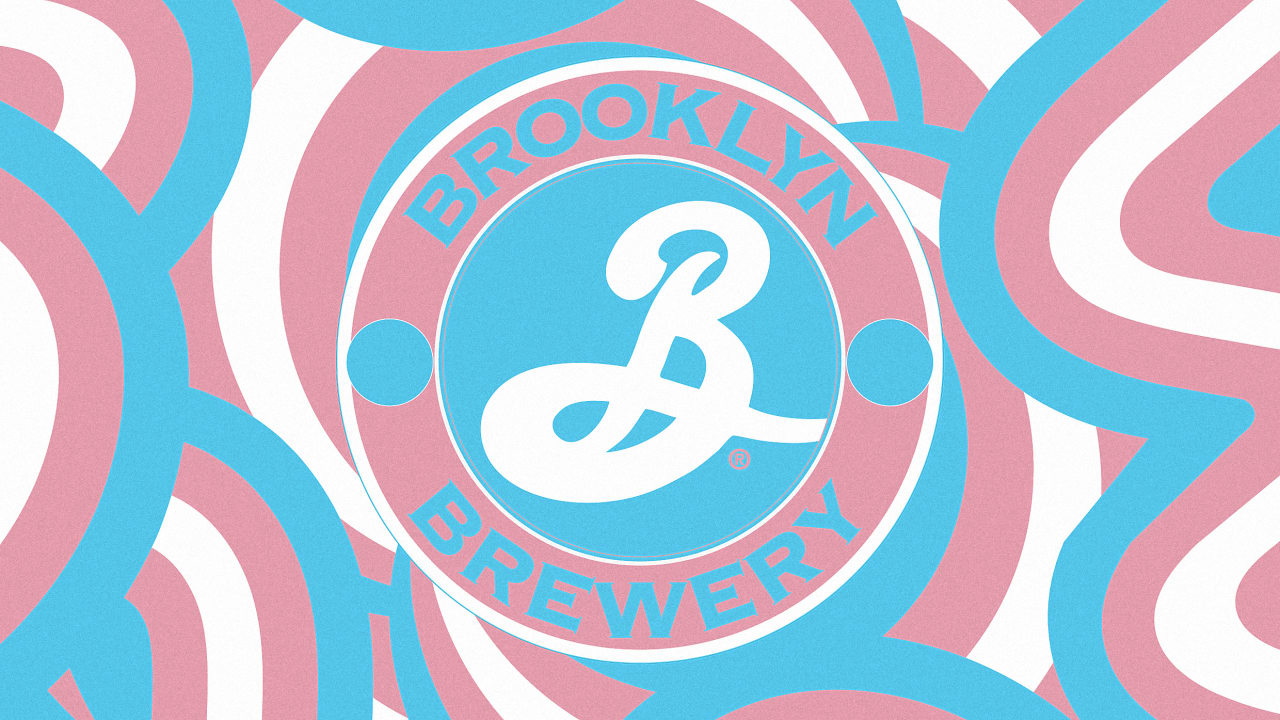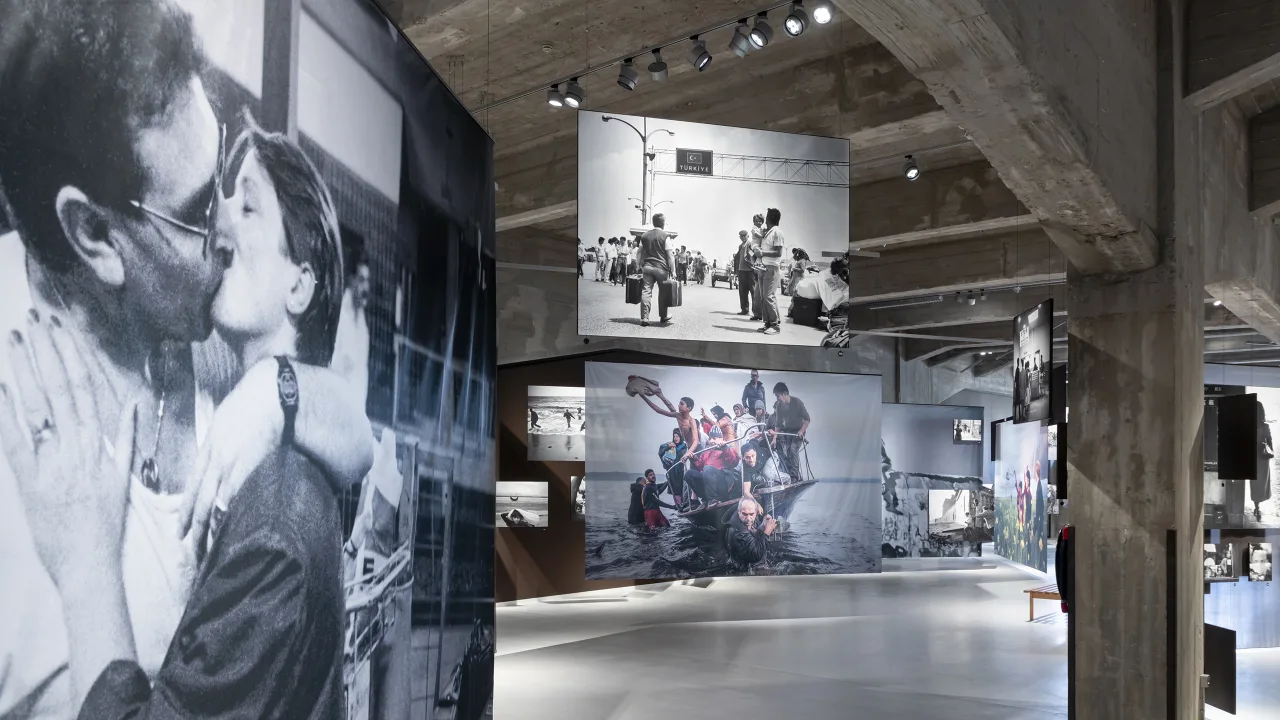Red flags to look for during a job interview
One of the worst mistakes I ever made applying for a job was ignoring red flags during the job interview process. Looking back, there were several things that made me uneasy. But I was enamored with how the company described its culture, the people, and the role, and so I ignored them. As it turned out, all of those things were poorly defined or a far cry from what was promised. I had left a toxic work environment only to end up in an equally bad situation. Sometimes, as job seekers, we’re so desperate to escape our current situations that we forget job interviews are a two-way street. We overfocus on performing well during interviews and forget to ask questions about the company or role (or ask only surface-level questions). But the more you can try to suss out during the interview process, the better shape you’ll be in when deciding whether or not to accept or decline an offer. Here are some best practices. Red flags Some companies are not great at writing job descriptions—or they’ll write perfect versions of a role that don’t reflect reality. When you’re talking to the hiring manager, ask about day-to-day responsibilities. The manager should have a crystal clear idea of what you’re expected to do, even if the description is, “You will wear a lot of hats.” I’ve worked for many small companies where I was expected to adjust to an ever-changing role. That can be fine, as long as you know upfront and your performance is evaluated accordingly. If the company only has a vague idea of what it needs from the role, odds are it won’t be possible for you to meet expectations. It’s also a red flag if the company asks you to put a significant amount of work into the interview process. During the first interview, you should ask how many additional interviews you can expect. Three half-hour interviews total? Probably fine. Five hour-long interviews, plus a lengthy, unpaid test assignment? That company doesn’t value your time, has trouble making decisions, or both. What to ask the interviewer You’ll want to ask for details about the team structure and the type of work you’ll be doing. These basic questions will help you determine if it’s a job you’d enjoy. But a few probing questions can help you learn more about the company itself. “Why is this role open?” Is the company in growth mode and needs to add to the team? Did the prior person leave because they accepted their dream job? Or has the company experienced a lot of turnover? “How flexible is the work environment?” If flexibility is important to you, you’ll want to ask the right questions. Some companies claim to be flexible when, in reality, they aren’t. A good question to ask is whether people work synchronously or asynchronously. If people work synchronously, the company is probably less flexible. You can also ask how many meetings you can expect per week, which will impact your flexibility. “How is feedback given?” This ties into how well the role is defined. Does the company have a formal review process? If so, how often? You want to make sure you can meet expectations, even if expectations are ever-changing at a small company. Don’t end up in the same bad job situation Companies will likely look at your LinkedIn profile and ask for references, trying to determine what kind of an employee you are. You should do the same. Check Glassdoor, but read reviews with a grain of salt. Employees of small companies may be afraid to leave reviews, and sometimes reviews are skewed toward employees who had negative experiences. You can also check LinkedIn. Find former employees and look at how long they were with the company. One employee with a short tenure doesn’t say much, but lots of turnover is a red flag. If you’re comfortable, you could even send a DM to a former employee and ask about their experience. As a job seeker, it’s your version of “checking references.” Above all, don’t ignore your gut. If you get a bad vibe during the interview, it will probably be magnified once you’re hired. Unless you’re desperate for a new role, it’s better to keep looking than to end up in a job you regret. —Anna Burgess Yang

One of the worst mistakes I ever made applying for a job was ignoring red flags during the job interview process. Looking back, there were several things that made me uneasy. But I was enamored with how the company described its culture, the people, and the role, and so I ignored them.
As it turned out, all of those things were poorly defined or a far cry from what was promised. I had left a toxic work environment only to end up in an equally bad situation.
Sometimes, as job seekers, we’re so desperate to escape our current situations that we forget job interviews are a two-way street. We overfocus on performing well during interviews and forget to ask questions about the company or role (or ask only surface-level questions).
But the more you can try to suss out during the interview process, the better shape you’ll be in when deciding whether or not to accept or decline an offer. Here are some best practices.
Red flags
Some companies are not great at writing job descriptions—or they’ll write perfect versions of a role that don’t reflect reality.
When you’re talking to the hiring manager, ask about day-to-day responsibilities. The manager should have a crystal clear idea of what you’re expected to do, even if the description is, “You will wear a lot of hats.”
I’ve worked for many small companies where I was expected to adjust to an ever-changing role. That can be fine, as long as you know upfront and your performance is evaluated accordingly. If the company only has a vague idea of what it needs from the role, odds are it won’t be possible for you to meet expectations.
It’s also a red flag if the company asks you to put a significant amount of work into the interview process. During the first interview, you should ask how many additional interviews you can expect. Three half-hour interviews total? Probably fine. Five hour-long interviews, plus a lengthy, unpaid test assignment? That company doesn’t value your time, has trouble making decisions, or both.
What to ask the interviewer
You’ll want to ask for details about the team structure and the type of work you’ll be doing. These basic questions will help you determine if it’s a job you’d enjoy. But a few probing questions can help you learn more about the company itself.
“Why is this role open?” Is the company in growth mode and needs to add to the team? Did the prior person leave because they accepted their dream job? Or has the company experienced a lot of turnover?
“How flexible is the work environment?” If flexibility is important to you, you’ll want to ask the right questions. Some companies claim to be flexible when, in reality, they aren’t. A good question to ask is whether people work synchronously or asynchronously. If people work synchronously, the company is probably less flexible. You can also ask how many meetings you can expect per week, which will impact your flexibility.
“How is feedback given?” This ties into how well the role is defined. Does the company have a formal review process? If so, how often? You want to make sure you can meet expectations, even if expectations are ever-changing at a small company.
Don’t end up in the same bad job situation
Companies will likely look at your LinkedIn profile and ask for references, trying to determine what kind of an employee you are. You should do the same.
Check Glassdoor, but read reviews with a grain of salt. Employees of small companies may be afraid to leave reviews, and sometimes reviews are skewed toward employees who had negative experiences.
You can also check LinkedIn. Find former employees and look at how long they were with the company. One employee with a short tenure doesn’t say much, but lots of turnover is a red flag. If you’re comfortable, you could even send a DM to a former employee and ask about their experience. As a job seeker, it’s your version of “checking references.”
Above all, don’t ignore your gut. If you get a bad vibe during the interview, it will probably be magnified once you’re hired. Unless you’re desperate for a new role, it’s better to keep looking than to end up in a job you regret.
—Anna Burgess Yang




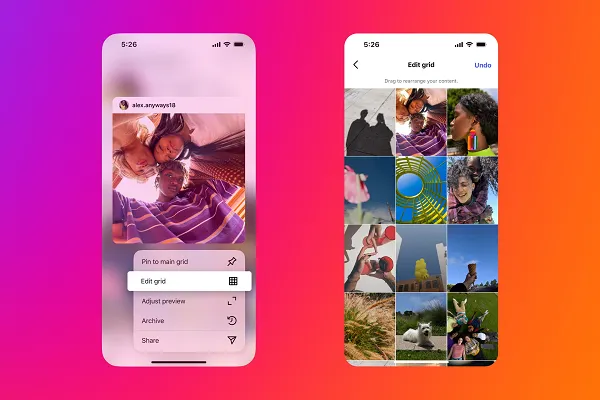
![X Highlights Back-To-School Marketing Opportunities [Infographic]](https://imgproxy.divecdn.com/dM1TxaOzbLu_kb9YjLpd7P_E_B_FkFsuKp2uSGPS5i8/g:ce/rs:fit:770:435/Z3M6Ly9kaXZlc2l0ZS1zdG9yYWdlL2RpdmVpbWFnZS94X2JhY2tfdG9fc2Nob29sMi5wbmc=.webp)
